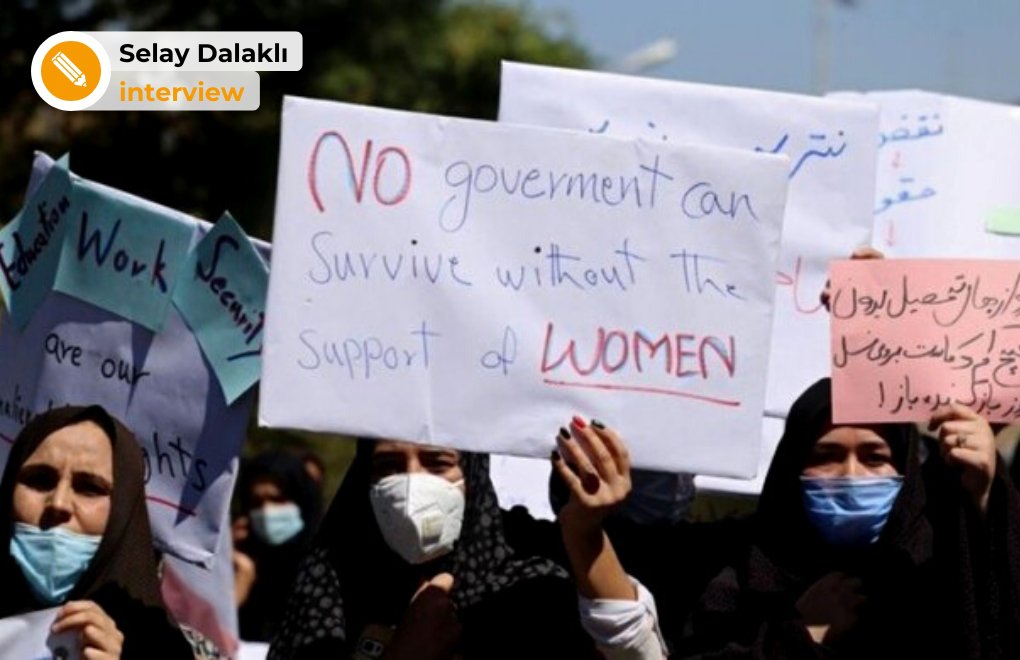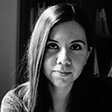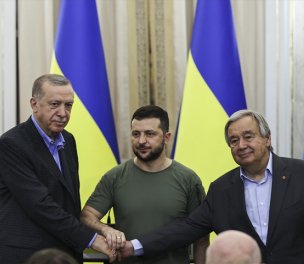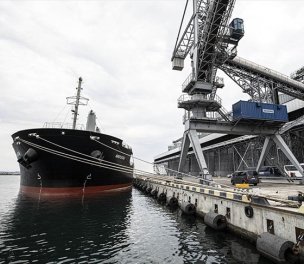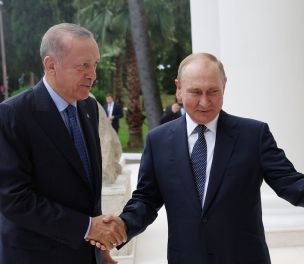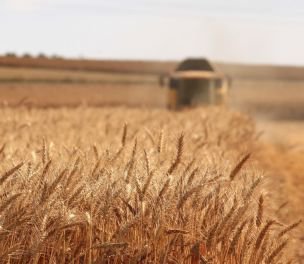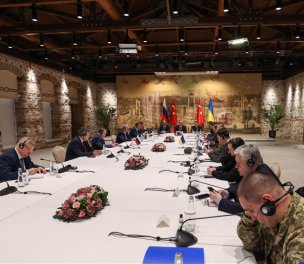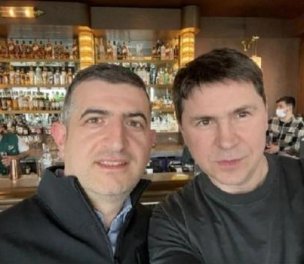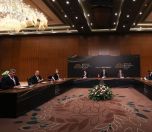PROF. DEITELHOFF COMMENTS
How close are we to peace in the Russia-Ukraine war?
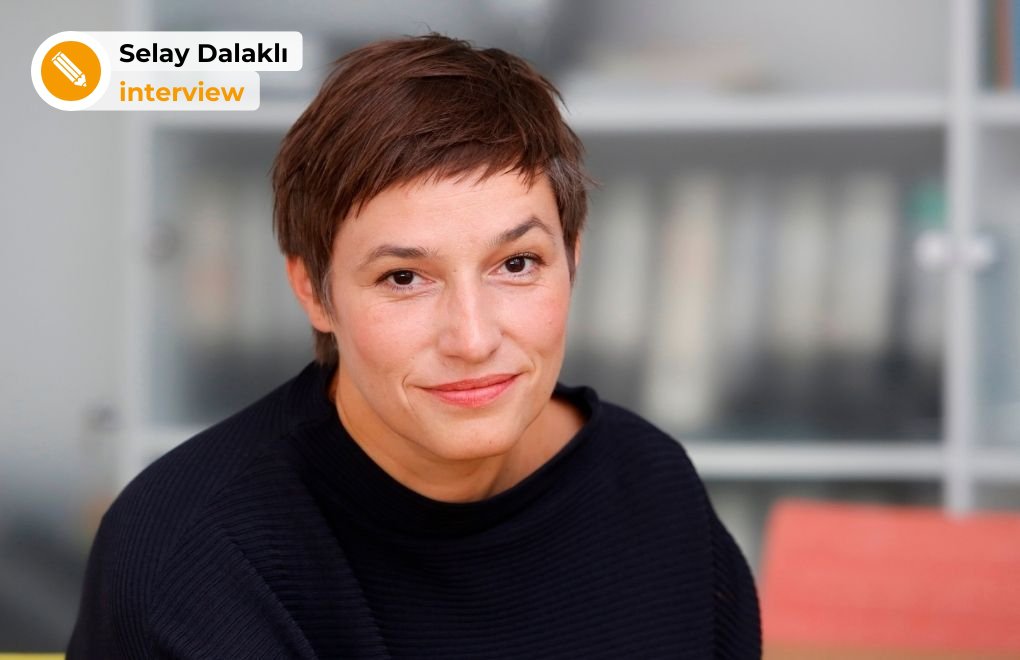
* Credit: Uwe Dettmar
Click to read the interview in Turkish
Today is January 24, 2023. Today marks the 11th month since Russia invaded Ukraine and the Russia-Ukraine war broke out.
Even though there were first talks on the Belarussian border, then in İstanbul, especially in the first days of the war, the war is still raging with sanctions imposed on Russia and military aid to Ukraine. As for a ceasefire and peace, it is still not certain how close we are to them.
Prof. Nicole Deitelhoff, the Director of Peace Research Institute Frankfurt (PRIF) and a professor of international relations at Goethe University, says, "Looking at the situation in Ukraine in January, the prospects for a ceasefire, let alone a peace treaty or a lasting peace, are very small."
Commenting on Türkiye's role in a potential ceasefire and peace treaty, Pfor. Deitelhoff considers it in two respects:
"Turkey has sponsored several initiatives for a diplomatic solution: I think of the peace talks on its territory in the spring of 2022 and of brokering the grain deal between the parties. On the other hand, Turkey also profits from the war by getting cheaper imports from Russia and from all we know there are some indicators that Turkey is helping Russia to circumvent the sanctions."
In the 11th month of the Russia-Ukraine war, we have spoken to Prof. Nicole Deitelhoff about the possibility of a ceasefire and peace in the war, the role of various actors, especially that of women, in this process and what can be done for children in the post-war era.
'Both leaders committed to no compromise solution'
The war that began with Russia's invasion of Ukraine has been raging for over 11 months now. Considering the current situation in the war, under what circumstances do you think first a ceasefire, then a peace treaty and lasting peace is possible in Ukraine and in the region? What do you think would urge the two countries to demand or agree to a ceasefire and peace treaty?
Looking at the situation in Ukraine in January 2023, the prospects for a ceasefire, let alone a peace treaty or a lasting peace, are very small. Both sides are preparing for new offensives in spring 2023 and both still believe they can decide this war in the theatre [of war]. Even worse, Putin and Selenskij have committed themselves publicly to a no compromise solution that for both their political (for Putin even his physical) survival is at stake.
For this to change, the situation has to worsen for both. That means that once we enter into a war of attrition with heavy losses on both sides and no plausible perspective for a decisive turn, the warring parties may come to change their mind and aim at a ceasefire first, then maybe negotiations.
However, given the brutality of this war and the many atrocities we have to observe, I would doubt that serious peace negotiation would start very soon after a ceasefire. Probably, this would need a lot of support and pressure from third parties, such as the UN but more importantly the US.
'Kherson was a sign of hope but...'
In November 2022, Ukraine recaptured Kherson as Russia's forces had withdrawn from the city. How do you think this move has possibly affected the course of the war? Do you think that we have moved any closer to a ceasefire and peace negotiations?
The recapturing of Kherson was a sign of hope and a huge kick of motivation for the Ukrainian side. It has fostered the belief that this war can be won. It did not get us any closer to peace, however, because the Russian side reacted in late fall with an endless shelling and attacking of Ukrainian civilian infrastructure, in particular the energy infrastructure and bringing in more troops. By now, there is not much progress regarding the front lines.
From the talks on Belarussian border to Bucha
At the beginning of the war, there were negotiations for a ceasefire in İstanbul back in March 2022. But the negotiations ended at some point without any results. Was there some kind of a turning point or key incident that we all missed and that brought the negotiations to an end? Why do you think the two sides are having no negotiations any longer? Generally speaking, are the early stages of a conflict or war more apt to negotiate and reach a ceasefire?
Well, there is more than one answer to this. First, we know from research that wars that go beyond one year are particularly hard to end. So ,you could infer from that that ending a war is easier in the first months.
Regarding the talks between Ukraine and Russia on the Belarussian border and then in Turkey, one aspect was that the Ukrainians did not have a good picture of the Russian strength nor their own. That changed in due course and made them less open to negotiations.
But I think more important for the termination of negotiations was the Russian deception move in the spring of 2022. The Russians signaled to the Ukrainians that they would withdraw from the Kyiv region to re-build trust but then used that to regroup their troops and start an offensive in the East.
The final blow to negotiation was then the discovery of atrocities in Bucha and other towns and villages after the Russian withdrawal from the region.
'NATO will not get involved by its own choice'
What role do you think different countries (such as Turkey and Germany) and international actors (such as the UN, EU, US and NATO) should or could play to bring the hostilities to an end? What would you like to say about their actions in this context so far?
I think that these countries that you list have all condemned the Russian war as what it is: an illegal and illegitimate war of aggression that needs to be stopped. EU members, the EU and many NATO countries are committed to help end this war by putting up sanctions against Russia and by supporting Ukraine militarily and financially to fight back the aggression.
Turkey has sponsored several initiatives for a diplomatic solution: I think of the peace talks on its territory in the spring of 2022 and of brokering the grain deal between the parties. On the other hand, Turkey also profits from the war by getting cheaper imports from Russia and from all we know there are some indicators that Turkey is helping Russia to circumvent the sanctions.
NATO does not directly play a role in this conflict. It looks with worries to the situation, it amends its strategies to it but NATO is not and will not get involved in this war by its own choice.
'Women should definitely be included in the process'
Looking back at the negotiations held in İstanbul back in March, we remember that there was no woman at the negotiating table. What role do you think women should or could play in peace negotiations and the peace-building process between Ukraine and Russia?
Again, from several studies we know that peace accords are more stable when women have taken part in the negotiations and in implementation. So, women should definitely be included in negotiations and the implementation once a solution should be reached between Ukraine and Russia.
'So much needs to be done for children'
Considering that the two countries and peoples share a common border as well as a close culture and history, how can a lasting peace be ensured between Ukraine and Russia when a ceasefire is declared and a peace treaty is ultimately signed?
Given the atrocities known already, any peace agreement is extremely fragile given all the hatred between the parties. I would assume the United Nations will have to observe the peace treaty and maybe even blue helmets will be needed for some years to re-assure both sides.
Children are one of the groups affected by the war the most. What specific measures or steps should or could be taken for the well-being of children in a post-war Ukraine so that they can process and overcome the trauma and traumatic memory of the war?
There are so many things that need to be done in this war about children: re-locate deported children and re-unite them with their families in Ukraine, systematic offer of trauma therapy and assistance to children and their families and, of course, open schools and jobs for their parents to have a chance to find back into peace and build a future for their family.
About Nicole DeitelhoffNicole Deitelhoff is the Director of the Leibniz-Institute Peace Research Institute Frankfurt (PRIF), and holds a chair for International Relations and Theories of Global Order at Goethe University in Frankfurt. She obtained an MA in Political Science from State University of New York (UB Buffalo) and a PhD from Technical University Darmstadt. Her research focuses on conflicts around international institutions and norms and forms of political rule and its legitimation beyond the nation state. |
(SD)
Aron Lund comments: What is next with Türkiye-Syria relations?
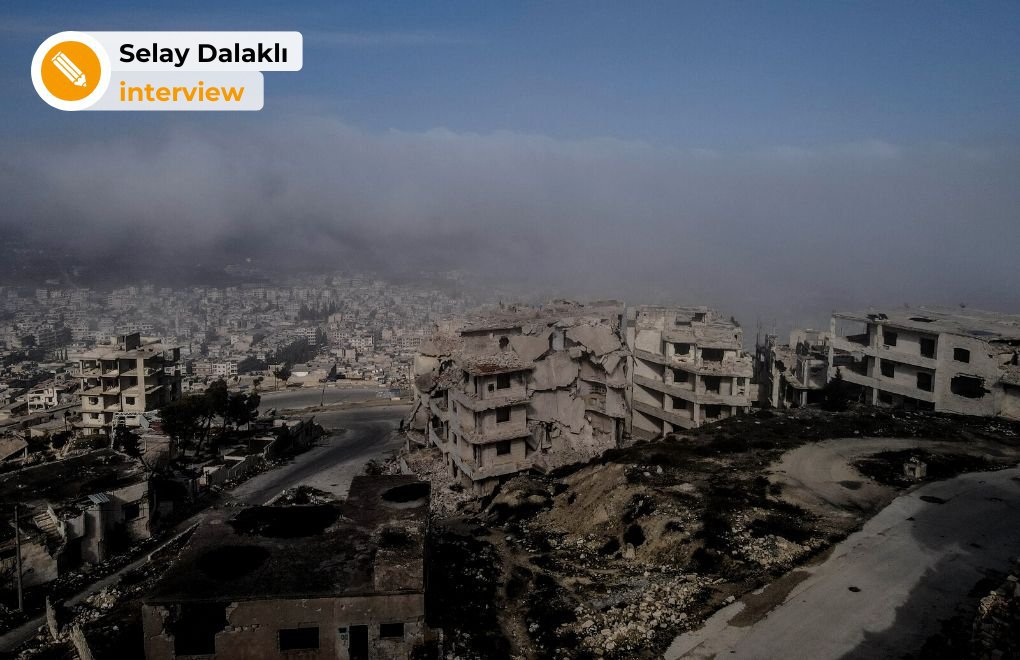
Foreign Policy of Türkiye in light of what 2022 brought
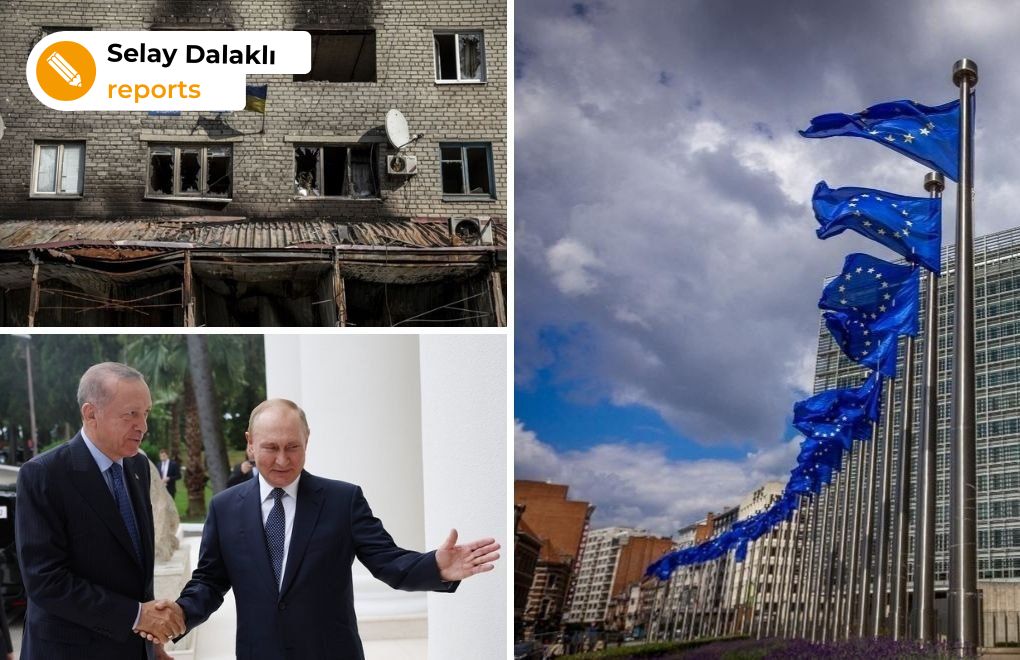
How did media report 2021 forest fires in Türkiye?
.jpg)
ZAHRA NADER TELLS / 2
‘Feminist movements all around the world should solidarize with Afghanistan’
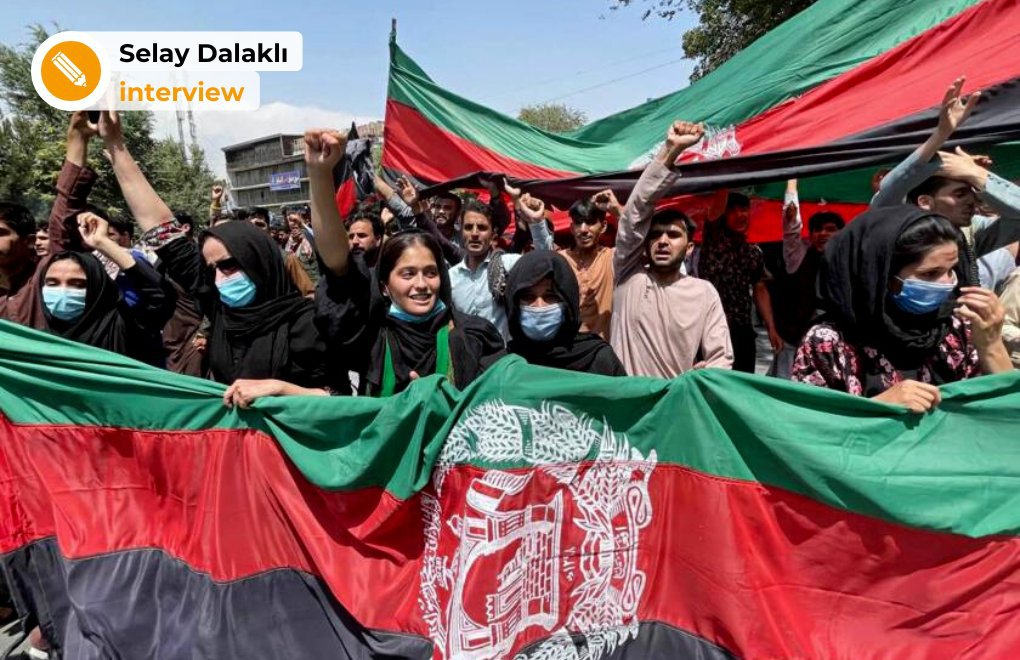
ZAHRA NADER TELLS / 1
‘We need to tell the story of women in Afghanistan right now’
